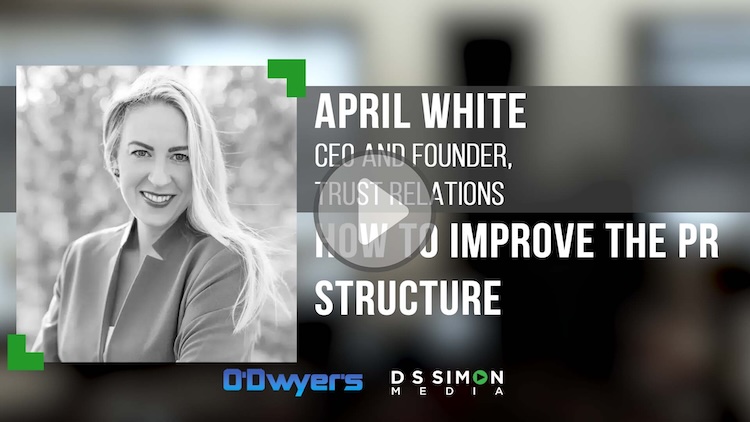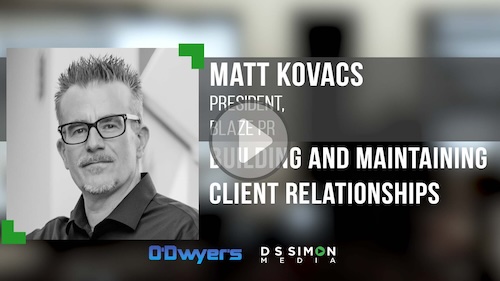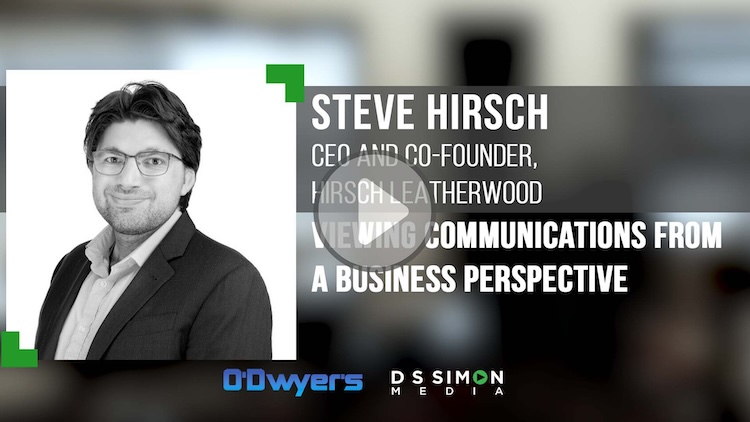|
|
You would think a man standing at the doorstep of the highest office in the land would exercise more self-restraint, more modesty, more teamliness. But, no.
There he stood, a politician apparently so devoid of common sense logic, that he purposely chose the most public of forums to flaunt his own self worth, uber-importance and personal contributions to humanity,
Even the current President of the United States had to wonder how any individual, particularly one in the public spotlight, could be so bereft of humility and tone deaf in terms of public relations.
I speak, of course, about Ben Rhodes, President Obama’s 39-year-old deputy national security adviser for strategic communication, who in 11 jaw-dropping pages of the New York Times Magazine, exposed himself as the kind of self-absorbed jackass usually reserved for Republican presidential candidates.
Rhodes’ transparent attempt to gain the national recognition he apparently felt he deserved as “the real power behind the throne” provides a lesson in why valued counselors — especially including public relations consultants — should remain in the shadows, rather than reaching for the limelight.
Here is what consultants might learn from Rhodes’ Grey Lady self-immolation.
Lesson #1: Don’t fall in love with you
Or, as my dear, departed mother used to put it, “Don’t get too big for your britches.”
As the Times’ article fetchingly described him, Ben Rhodes was an anonymous NYU graduate writing student, who lucked out by landing a speechwriting job with a former congressman on the 9/11 Commission, the bipartisan body examining the Trade Center terrorist attacks.
That assignment led to a similar role on the Iraq Study Group, which dissected George Bush’s war in Iraq. And before you could say, “Zbigniew Brzezinski,” Rhodes was a “foreign policy expert” in the Obama White House.
The President obviously appreciated the young man’s communications skills, so Rhodes became a well-quoted talking head spokesman for Obama foreign policy.
But apparently that wasn’t enough for the ambitious former MFA candidate. And so, with Obama’s term winding down, Rhodes decided to let the nation know just how vital a role he has personally played in setting the nation’s foreign policy. So he decided to sit for what he no doubt imagined would be a flattering profile in The New York Times.
Not so fast, Bennie.
Lesson #2: You’re the understudy, not the star
Consultants are paid to stay in the background, and let the client take the credit. You write and advise, and they pay. That’s the deal. When you stray from that reality, you invite problems.
That’s what George H.W. Bush speechwriter Peggy Noonan found out when the Bush family dropped her after she took full credit for authoring the former President’s “Thousand Points of Light” speech.
Ms. Noonan violated the principle that the speech is the client’s, not yours. The boss is the boss, and you ain’t. And don’t forget it.
Rhodes, like Noonan, forgot it. As his admiring — or cynical, take your pick — Times’ biographer dutifully recorded, Rhodes seemed to possess a “mind meld with the President.”
Sure enough, right on cue and leaping head first into the journalist’s trap, Rhodes acknowledged with breathtaking naiveté: “I don’t know anymore where I begin and Obama ends.”
Good grief!
Lesson #3: Don’t bite the hand that feeds you
Perhaps most stupefying, Rhodes uses the Times’ article to poke fun at the cluelessness of the Washington foreign policy press corps, the very people who helped his administration sell the controversial Iran nuclear deal.
“The average reporter we talk to is 27-years-old,” intoned the wise, old former fiction writer, “Their only reporting experience consists of being around political campaigns. That’s a sea change. They literally know nothing.”
And then Rhodes — aided in print by his equally blockheaded assistant, no less! — elaborated, in chapter and verse detail, as to how the White House used its web of oblivious reportorial pawns to spin its narrative though traditional and social media.
And if there was any doubt of Rhodes’ true feeling about these journalists he readily admitted to manipulating, his biographer observed how his subject’s comments were “laced with the brutal contempt that is a hallmark of this private utterances.”
Not exactly the message to leave with a press corps that does your bidding.
Which, of course, is what the White House realized the day the Times’ hit-piece-in-sheep’s clothing appeared on the Internet. Press Secretary Josh Earnest — a public relations professional far too savvy and experienced ever to commit a similar kind of career-threatening hara-kiri — immediately began to distance the Obama Administration from his colleague’s damaging words.
Meanwhile, the once-friendly reporters Rhodes had so cavalierly ridiculed in the Times reached for their own long knives to pay him back. One such reputed willing enabler, Jeffrey Goldberg of The Atlantic, went so far as to accuse the writer of the Rhodes’ profile of “making a serious, un-sourced and unsubstantiated allegation against me” because of “a longtime personal grudge.”
Predictably, Rhodes himself hasn’t been seen or heard from since the furor began. No doubt, he is sitting there, disconsolately, head in hands, in his windowless, West Wing basement office, regretting what his hubris has wrought.
* * *
Fraser P. Seitel has been a communications consultant, author and teacher for 40 years. He may be reached directly at [email protected]. He is the author of the Prentice-Hall text The Practice of Public Relations, now in its 12th edition, and co-author of Rethinking Reputation and Idea Wise.











 Have a comment? Send it to
Have a comment? Send it to 
No comments have been submitted for this story yet.